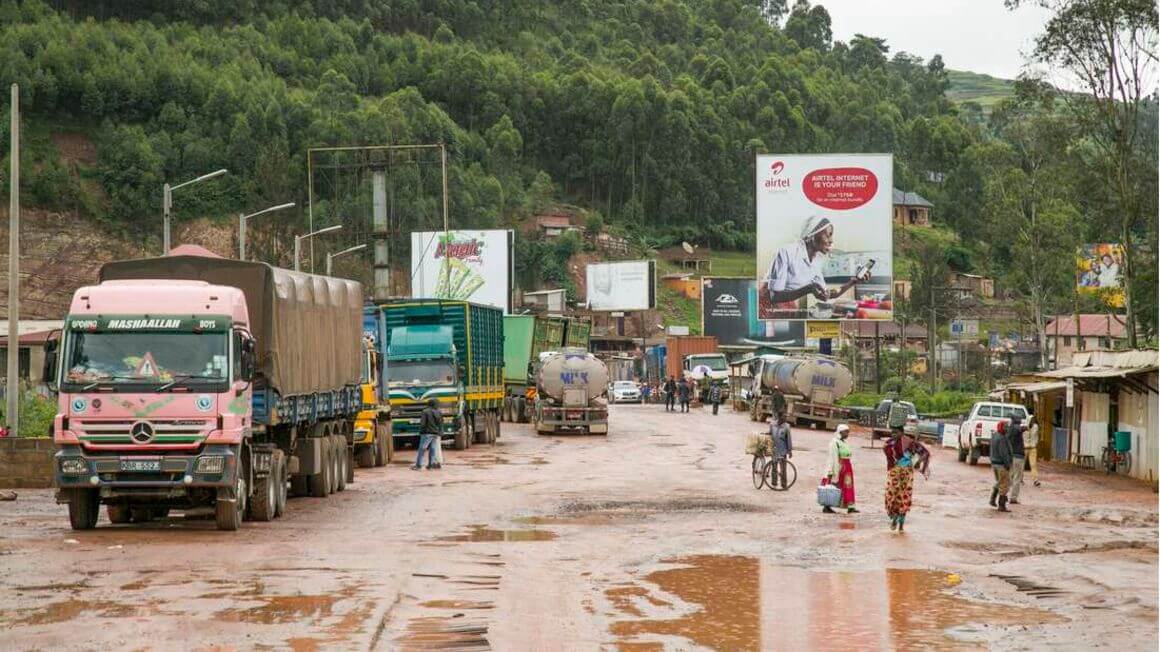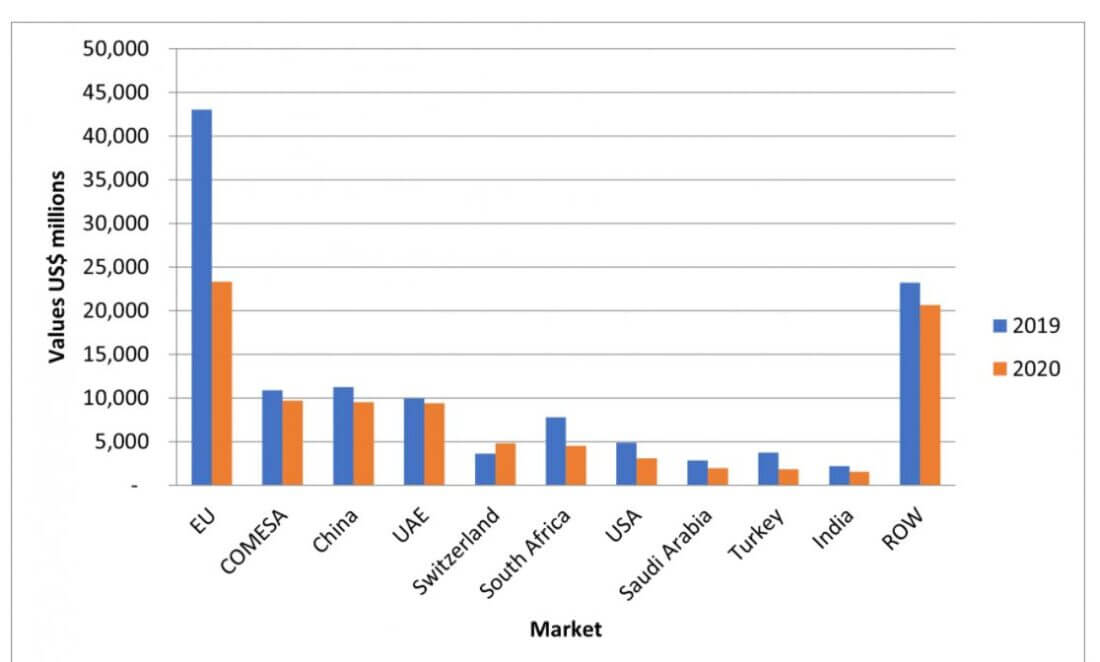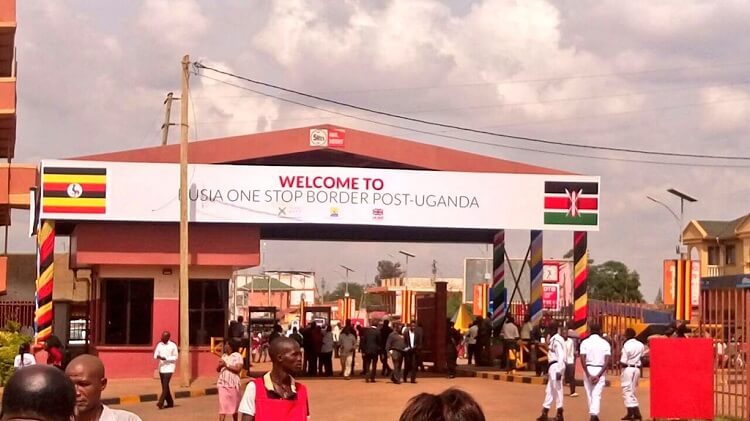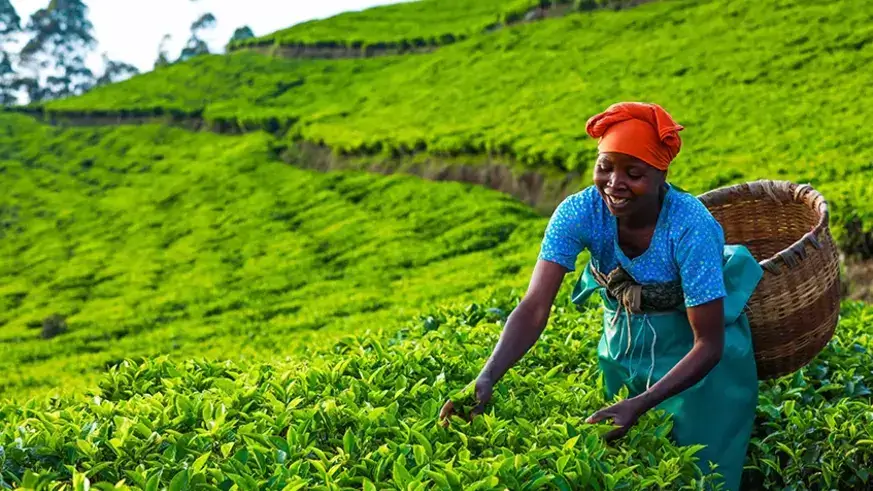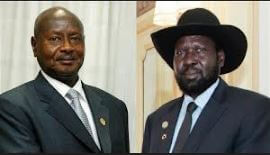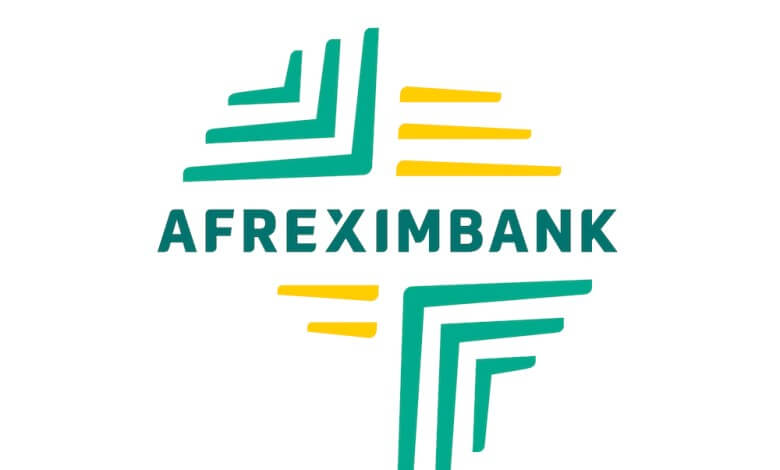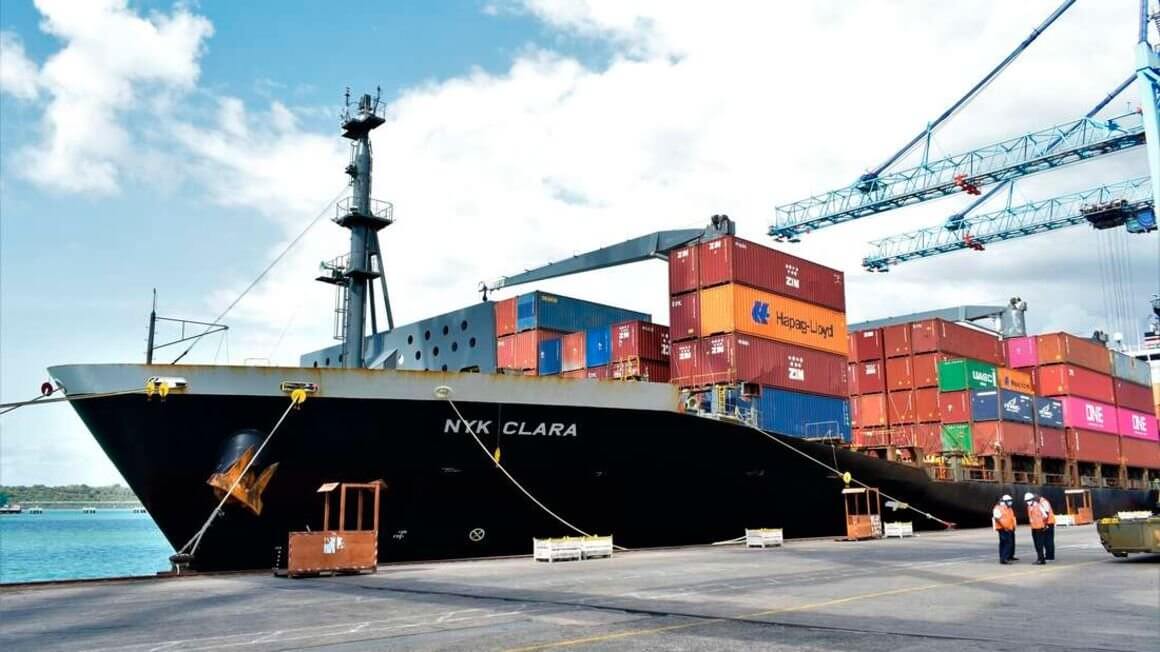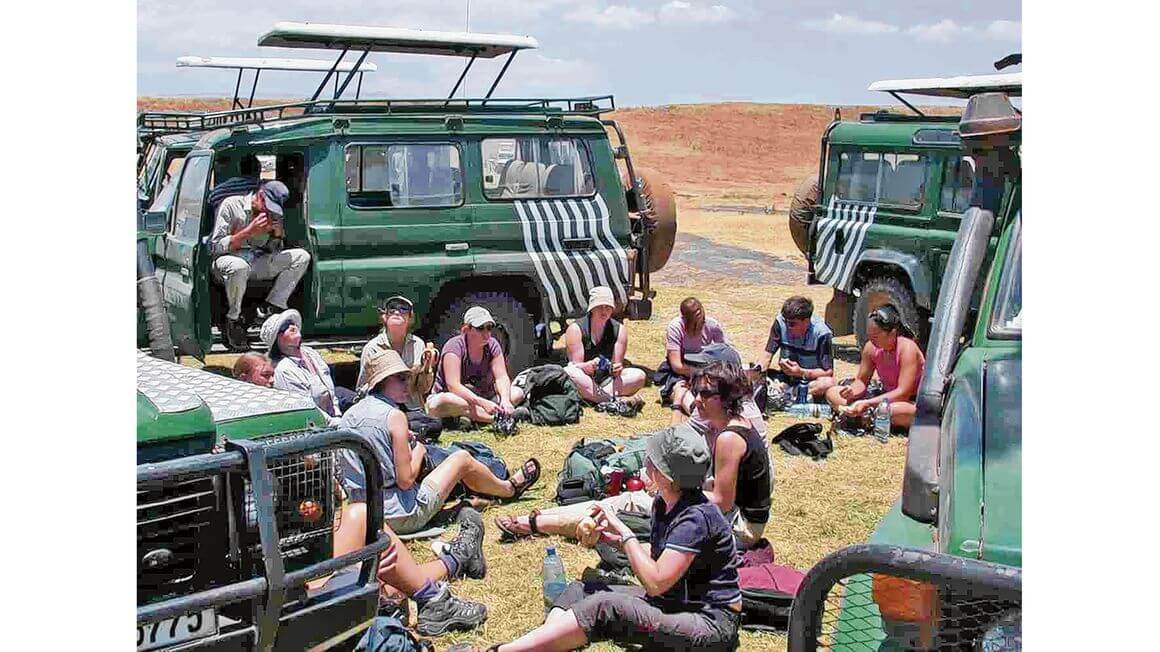Summary A meeting held at the AfCFTA headquarters in Accra found that without these provisions no trade can take place. East Africa’s private sector was represented in Accra by the East African Business Council’s (EABC) Chief Executive John Bosco Kalisa. Rules of Origin determine which products can be subject to tariffs and duties. The implementation phase of the African Continental Free Trade Area (AfCFTA), which went live on January 1, is still bogged down by technicalities as key provisions of the agreement are yet to be concluded. The technical provisions that are proving to be a hurdle to trade are the rules of origin, the tariff offer and Customs Union. A meeting held at the AfCFTA headquarters in Accra, Ghana on September 18-19, to review the agreement nine months after its inception, found that without these provisions no trade can take place, at least not as easily as envisaged. East Africa’s private sector was represented in Accra by the East African Business Council’s (EABC) Chief Executive John Bosco Kalisa who emphasised the importance of establishing the Rules of Origin in the continent’s FTA. “So far no trading has taken place because we are still ironing out issues. Before anyone starts trading, there are a number of key components such as tariffs and Rules of Origin — the criteria needed to determine the national source of a product — which have to be agreed on. The rules of origin are basically the ‘passport for goods’ and if these rules are not...
Tariffs, rules of origin new hurdles to Africa’s trade area
Posted on: October 14, 2021
Posted on: October 14, 2021

